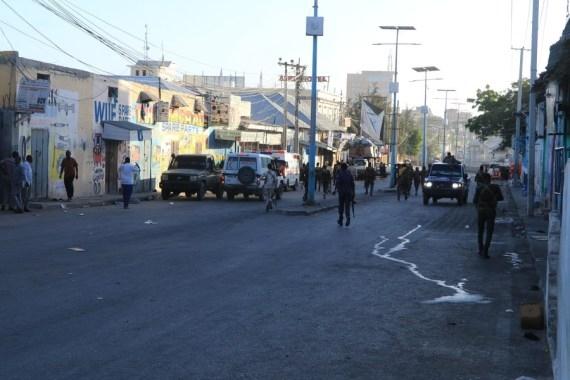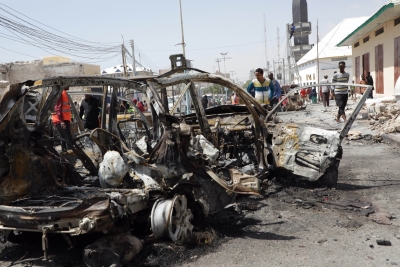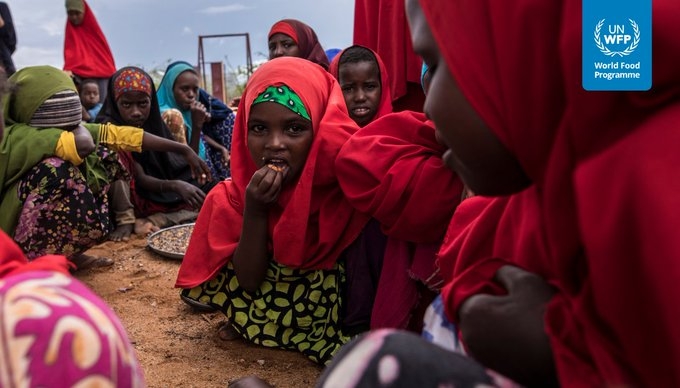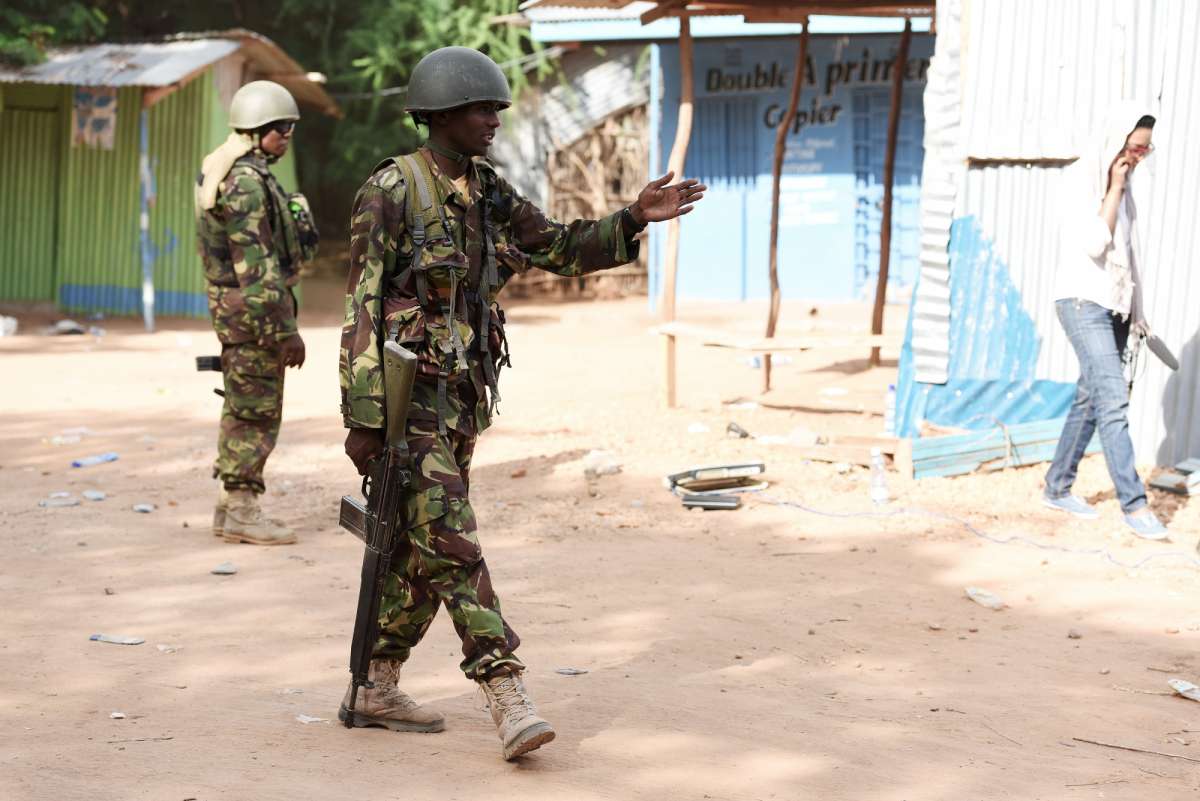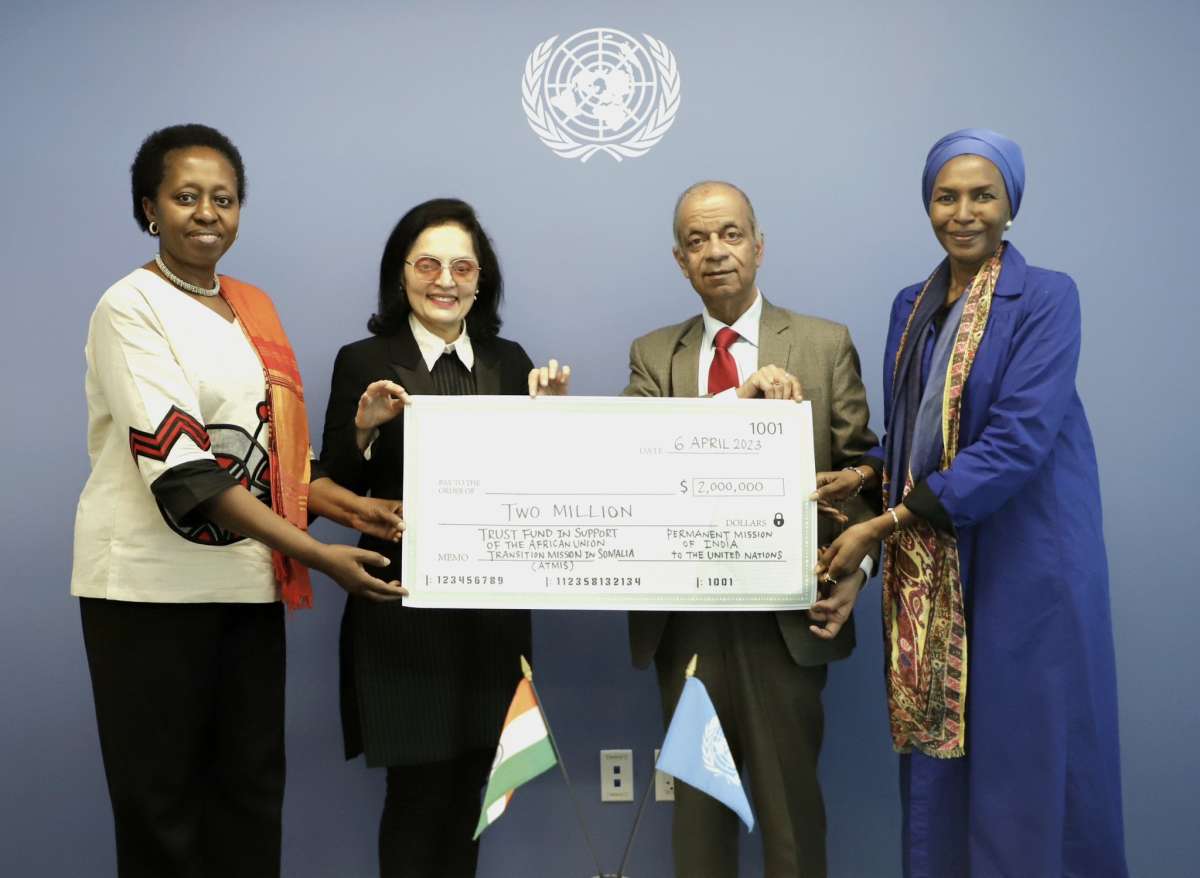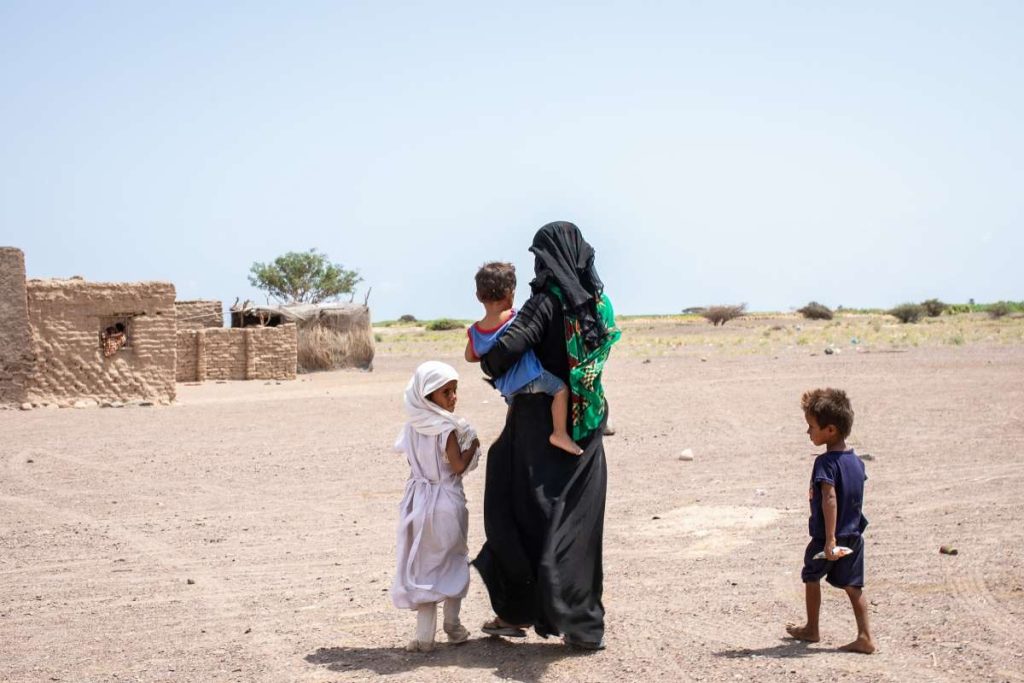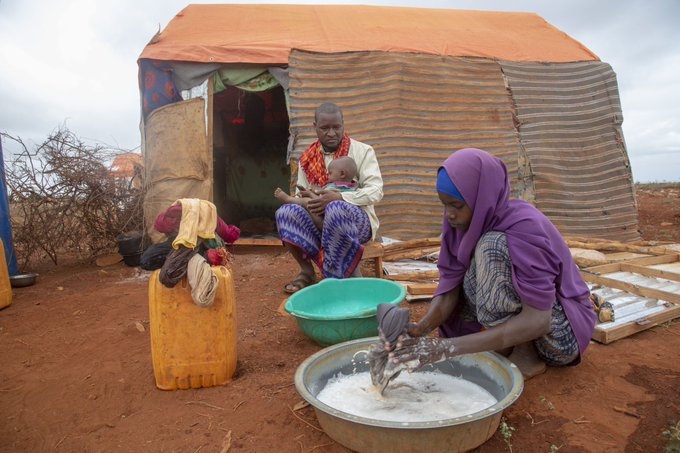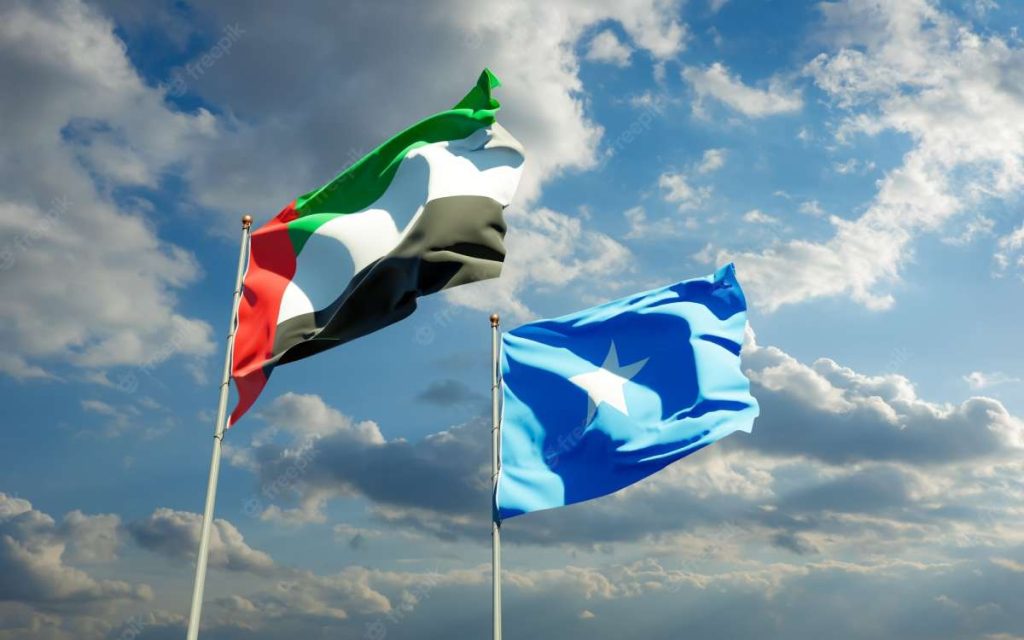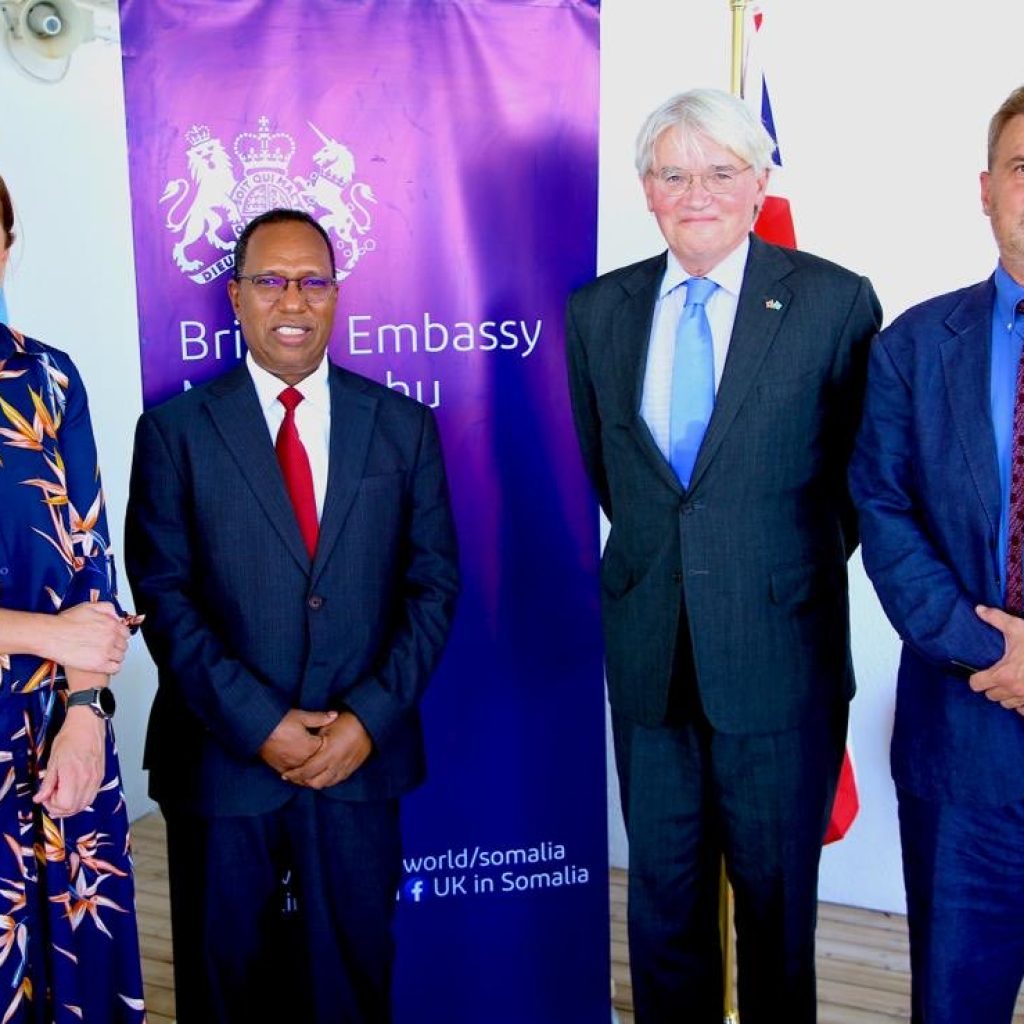In a statement, Information Minister Daud Aweis said the embargo lift will help modernize the country’s armed forces…reports Asian Lite News
Somalia’s President Hassan Sheikh Mohamud welcomed Saturday the U.N. Security Council vote to lift an arms embargo imposed on the Horn of Africa nation more than 30 years ago.
The 15-member council unanimously voted Friday night in favor of the British-drafted resolution to lift the weapons ban. However, France was the only member to abstain when voting on another resolution to reimpose an arms embargo on al Qaeda-linked al-Shabaab militants, saying the resolution lacked references to the territorial disputes between Djibouti and Eritrea.
In a statement, Information Minister Daud Aweis said the embargo lift will help modernize the country’s armed forces. “Somalia has been grappling with significant security challenges, including the presence of extremist groups such as al-Shabab. The Somali government needs access to modern arms and equipment to effectively combat these threats and maintain security within its borders,” the statement read.
The Somali president, in a televised statement soon after the adoption of the resolution, said the embargo lift “means that we are now free to purchase any weapons needed,” adding that “friendly nations and allies” can now “provide us with the necessary weapons without any limitations or restrictions.”
Somalia was placed under the embargo in 1992 to stop the sale of weapons to warlords who toppled former dictator Mohamed Siad Barre. The ouster led to decades of civil war and instability in the country as the warlords fought against each other.
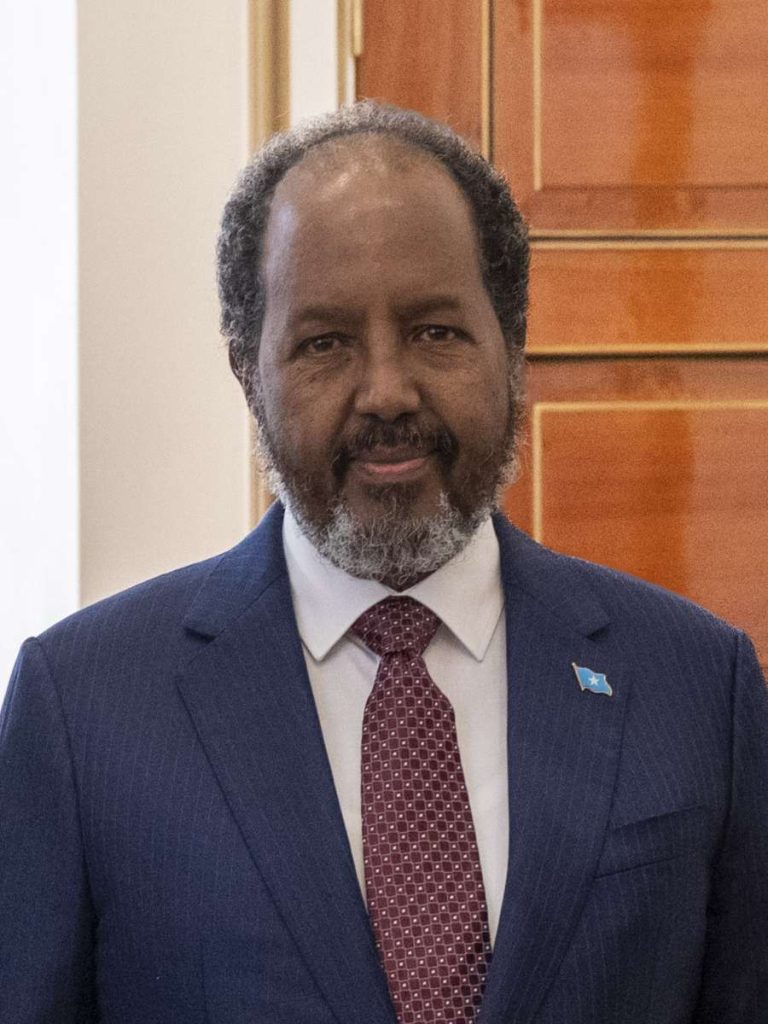
Last month, Mohamud pledged to wipe out the Islamist group, al-Shabaab, by Dec. 2024. The militant group has lost swaths of territory since the government backed by local militias, African Union troops and Western powers, launched an extensive offensive against it in May.
Somalia has been plagued by years of conflict and has for decades heavily depended on the support of African Union forces, as well as Western powers such as the United States and Turkey, to maintain security and counter the threat posed by Islamic militant groups operating within the country.
ALSO READ-Somalian Army killed 1,650 al-Shabab militants in 2 months

